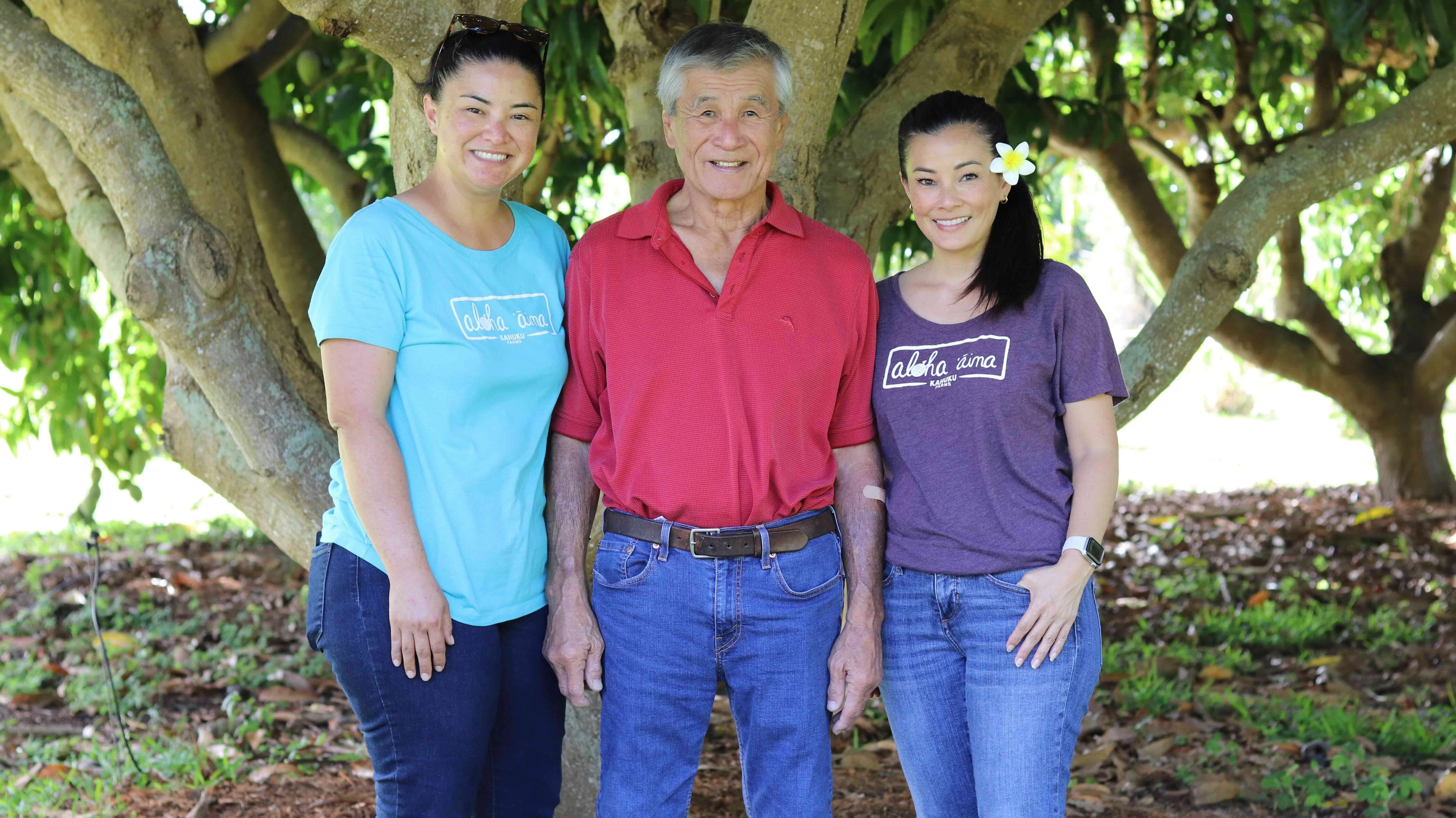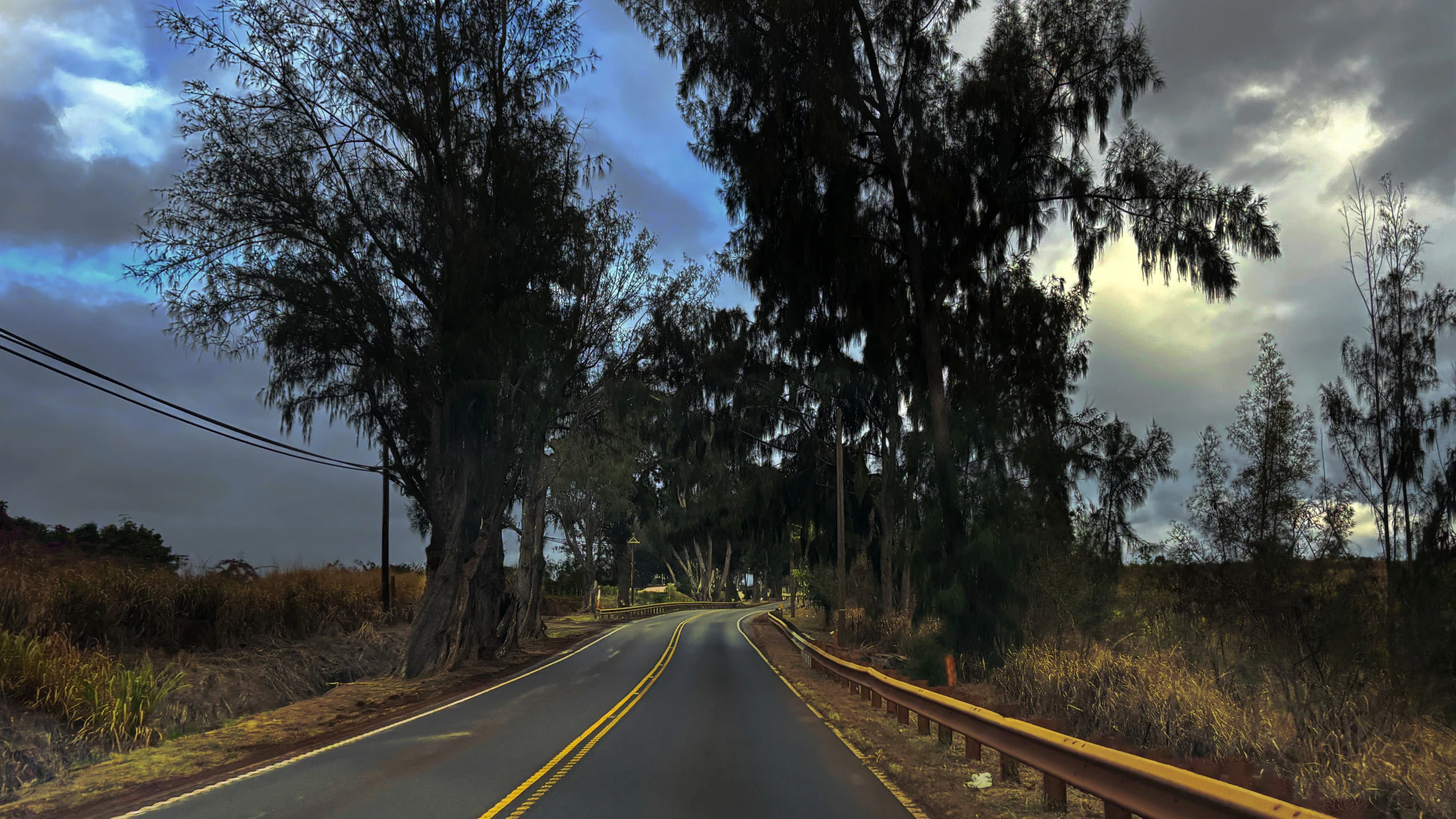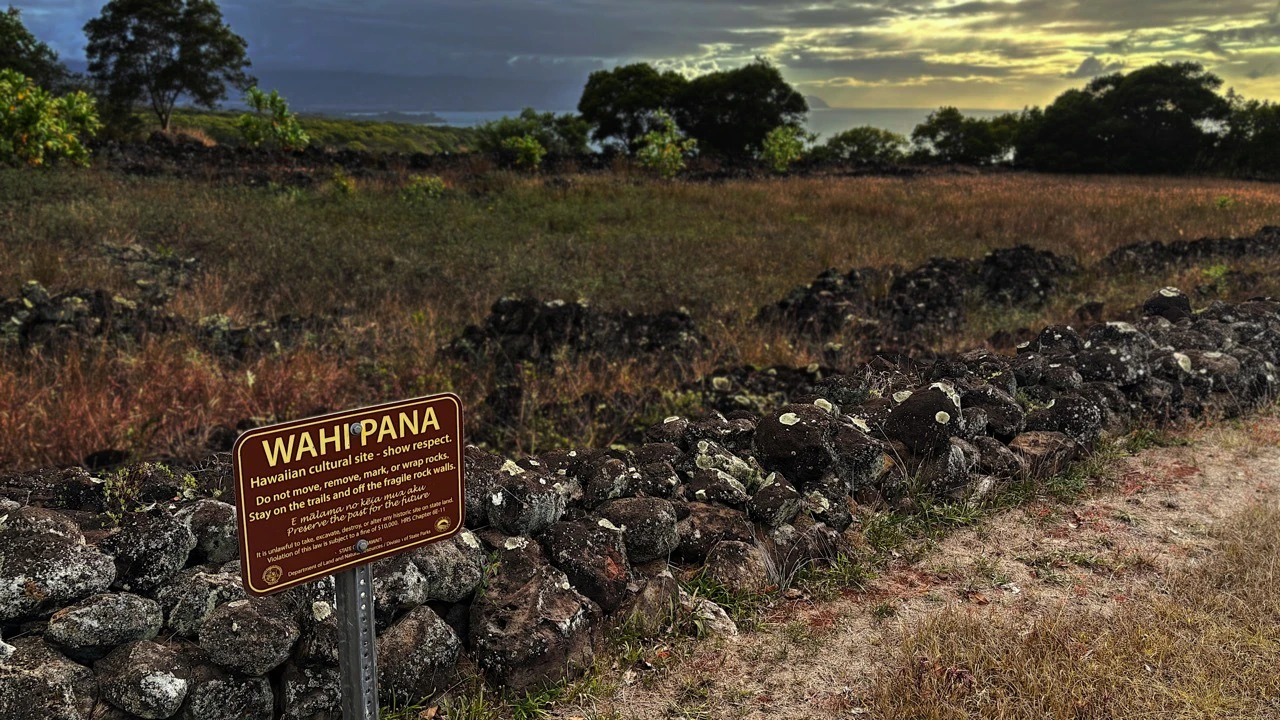“I would rather be on my farm than be emperor of the world.”
Those words are attributed to George Washington, but it’s easy to imagine Melvin Matsuda saying them. “Farming has provided me and my family with a great life,” said Matsuda, 73, who was born and raised in Kahuku and has farmed there for more than 50 years. “I never was an office kind of guy. I like being outdoors, seeing crops grow and feeling soil in my hands.”
Matsuda’s paternal grandfather immigrated to O‘ahu from Fukuoka, Japan, at the turn of the last century to grow pineapple as an independent contractor in Kahuku. His dad also had a green thumb; in addition to being the irrigation supervisor for Kahuku Sugar Plantation, he grew banana, papaya, sweet potato, bell pepper and watermelon on small, scattered plots in Kahuku.
In middle school, Matsuda was already playing a key role in his father’s side business, setting up irrigation pipes, weighing and packing harvested produce, preparing invoices, helping customers load their trucks, and driving tractors for soil preparation and weed spraying.
“I didn’t even have my driver’s license yet,” Matsuda said. “Many times, I wanted to go out with my friends, but I had to work, and my dad didn’t pay me. When I was in high school, I took two cases of bell peppers, 30 pounds per case, to a grocery store near my house once a week. I got paid $30 for them, and that was my pocket money. Dad knew about it and didn’t mind.”
After Matsuda got his driver’s license, he became the farm’s shuttle driver, picking up workers before his classes at Kahuku High School and taking them to the fields, then driving them home after school. During the summer and weekends, he also helped with planting. For bell peppers, he and three ladies used trowels to dig small holes 18 inches apart on both sides of a ditch. They put the seedlings into the holes and covered the roots with dirt. It took a full day, from 7 a.m. to 3:30 p.m., for them to plant half an acre.
Much about farm work is tedious, but inattention can result in big losses. “Dad was adamant about three things,” Matsuda said. “First, he told me, ‘Two crops can’t grow at the same time.’ That means you must control weeds. Second, he said, ‘Anytime you see the leaves curl on the pōpolo [black nightshade], your crop probably has aphids.’”
His father also advised him to check fields early in the morning and during the hottest time of the day. “In the morning when it’s cool, the plant looks vigorous,” Matsuda said. “In the afternoon heat, it gets stressed, and if it’s wilting, it needs water. But if you water too much, you’ll kill the plant or cause root diseases. If you don’t water enough, it’ll dry up and whatever it bears won’t be good.”
After he graduated from high school in 1970, Matsuda attended the University of Hawai‘i at Mānoa for three semesters, which confirmed that college wasn’t for him. Instead, he headed to California with his black belt and ran successful martial arts schools in San Bernadino and Palm Springs for five years.
Then came the call.
“My dad said he was going to retire, and he asked if I wanted to stay on the Mainland or go back to Hawai‘i and take over the farm,” Matsuda said. “I was on the fence, but my wife wanted to come home, so we did in 1976.”
Before Kahuku Sugar Plantation shut down in 1971, his father and seven other farmers had formed an association to lease 240 acres in Kahuku from Campbell Estate. They divided that land, and the Matsuda and Fukuyama families began farming adjacent parcels. Matsuda and Clyde Fukuyama had known each other from childhood because they attended the same church and elementary school.

“Also, I taught karate when I was in high school and Clyde took classes from me,” Matsuda said. “While I was in California, he got a degree in agriculture from U.H. When I came back, we started working on projects together, including one growing watermelon in Australia. We became good friends after that, and one day Clyde said, ‘Why don’t we merge our farms?’”
Matsuda-Fukuyama Farms was incorporated in 1995. As other farmers in the association gave up their leases, they acquired them and seized other opportunities. In the early 2000s, they obtained land to grow mango and papaya in Waialua and Hale‘iwa, secured irrigation contracts from Dole and Kamehameha Schools, and launched land prep services for Del Monte and Pioneer Seed Company. Matsuda headed those enterprises while Fukuyama focused on the crops in Kahuku.
In 2002, Matsuda participated in a training program sponsored by the Agricultural Leadership Foundation of Hawai‘i, which included a visit to Ali‘i Kula Lavender on Maui. At the time, that attraction was at the forefront of agritourism, a new concept in Hawai‘i.
“Their setting, tour, displays, and products were fantastic,” Matsuda said. “I thought we could do something similar at our farm. Large-scale farming was not for my daughters, but that would be right up their alley. Kylie has a degree in Travel Industry Management, and Kalyn graduated in Business Administration.”

They and Kylie’s husband, Judah Lum, who has a construction background, took the ball and ran with it. Kahuku Farms opened in 2010 on five of Matsuda-Fukuyama’s 140 acres, offering educational tours; gardens with more than two dozen varieties of tropical trees; and café items incorporating the farms’ papaya, acai, cacao, apple banana, liliko‘i and long eggplant. Matsuda supplies the café with orange, tangerine, mango and avocado from a three-acre orchard in Hale‘iwa that he kept as a hobby when operations in Waialua and Hale‘iwa wound down in 2018.
Farming has taught him lessons that he believes apply to any path people choose to take in life. Conduct thorough research, so you can make sound decisions. Take the time and make the effort to properly prepare. Observe, evaluate and adjust, if needed. Be patient; ideal results usually aren’t achieved right away. Don’t underestimate the power and wisdom of nature.
“I’m semi-retired, but I can’t give up farming completely,” Matsuda said. “I don’t have any regrets. I think I would’ve done okay either way—karate in California or farming in Kahuku. But I love it here; Kahuku is home.”





